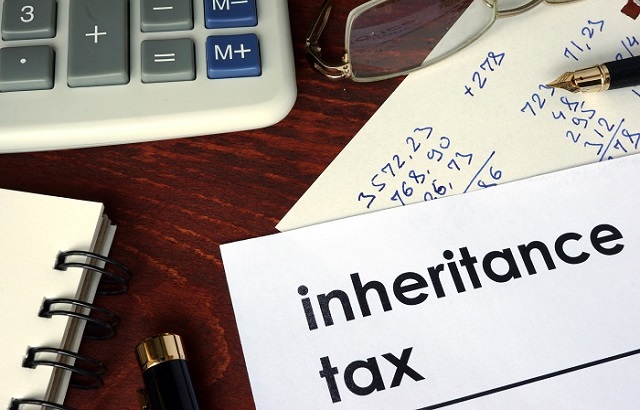HM Revenue & Customs (HMRC) revealed it collected a staggering £6.1bn ($8bn, €7.3bn) from inheritance tax (IHT) receipts between April 2021 and March 2022.
International Adviser previously reported that IHT collection between April 2021 and February 2022 had already hit £5.5bn.
The 2021-22 financial year figure marks a £700m increase from the previous period, which industry players have largely attributed to the “relentless” rise in house prices and the freezing of IHT thresholds last year until at least 2026.
Julia Rosenbloom, tax partner at Tilney Smith & Williamson, said: “The latest reported year-on-year rise in IHT collections will be welcomed by the Treasury that needs every pound it can get at the moment to pay for the government’s ambitious spending commitments against a backdrop of ongoing global uncertainty.
“Given that the Office for Budget Responsibility recently forecasted that the Treasury will receive £37bn in IHT payments over the next five years, now is the time for families to take action and look carefully at their tax planning.
“Even before any possible changes to IHT in the next budget later this year, many people can expect to see increased IHT bills following the chancellor’s decision to freeze both the nil rate band and residence nil rate band until at least April 2026. With rising property prices, more families are being brought into scope for IHT and this is forcing some to face difficult decisions – such as potentially needing to sell family homes to settle IHT bills.
“By taking professional advice and planning ahead, families may have an opportunity to reduce or eliminate their IHT bill through considering investing tax-efficiently and making gifts to family members.”
Mitigation
Rosie Hooper, chartered financial planner at Quilter, said that even in the current IHT situation with frozen bands and soaring house prices, there are ways people can mitigate their liabilities.
“This tax year, you can pass on £175,000 of your property tax-free, which is effectively doubled to £350,000 when combined with the allowance of your spouse or civil partner,” she said. “That’s layered on top of your inheritance tax allowance – or nil rate band (NRB) – of £325,000, meaning it is possible to pass on £1m inheritance free as a couple.
“However, the residence NRB only works for those with direct descendants to inherit the family home, while the UK’s six million cohabitees are less fortunate and cannot claim the combined allowances.
“There are other ways to reduce your inheritance tax exposure, such as gifting to family members. Each tax year you can give away up to £3,000 worth of gifts with your annual exemption, so as a couple you could gift £6,000 a year.
“In addition, there is no limit on excess income – above expenditure – that can be gifted. Unfortunately, gifting allowances have failed to keep up with inflation, and the currently soaring inflation rates will do little to help matters in terms of IHT bills.
“If required, you could also consider more significant gifts which would be potentially exempt transfers (PETs) or chargeable lifetime transfers (CLTs), but these will take seven years to see the IHT benefit. As well as reducing the taxable estate value, gifting is particularly useful for estates impacted by the RNRB taper as the gifts can immediately reclaim the extra band.”








